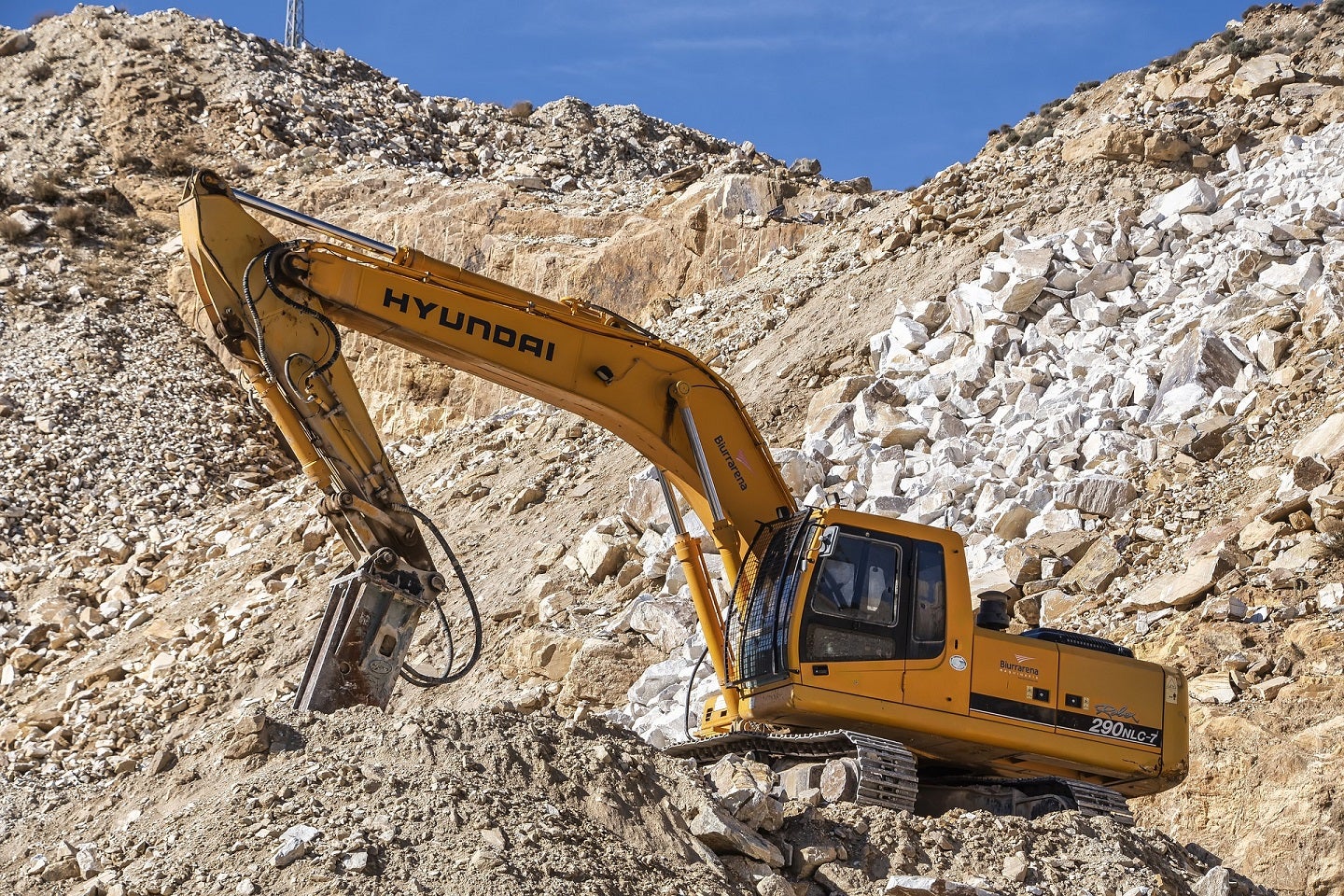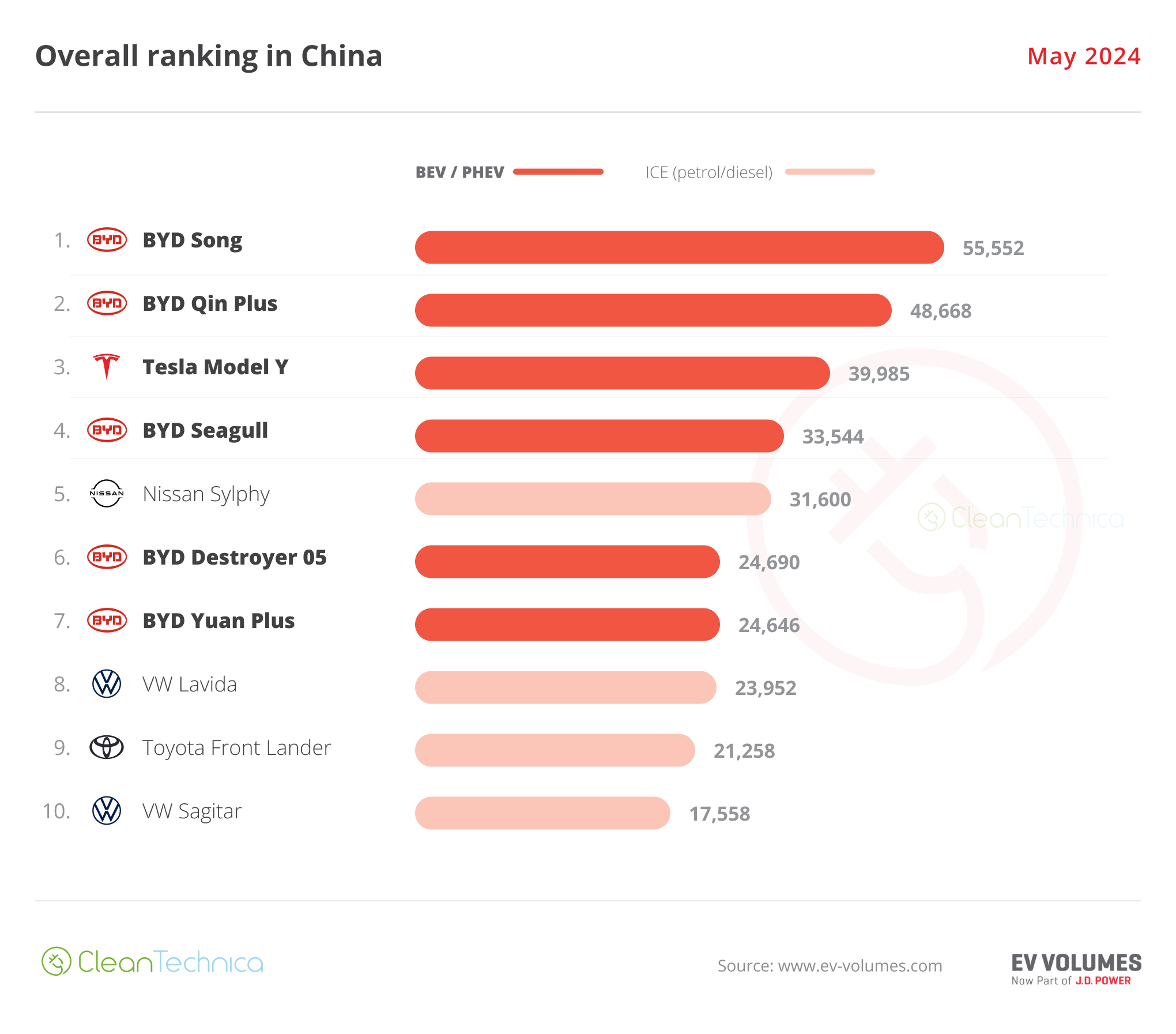
Australia-based junior mineral resources company Anson Resources has signed a definitive agreement to acquire the Green Energy Lithium Project in the Paradox Basin in south-eastern Utah, US, from Legacy Lithium.
Under the deal, Anson will acquire a 100% interest in the mineral properties comprising the project in Grand County, Utah, from Legacy Lithium (Utah), a wholly owned subsidiary of Legacy Lithium.
In exchange, Legacy Lithium will receive $1m in cash and more than 15 million Anson common shares.
It will also receive reimbursement of certain fees and costs that are payable to the US Bureau of Land Management relating to the property.
The Green Energy Lithium Project comprises 18 historic oil and gas wells and has 208 placer claims covering a total area of 16.85km².
The project is located immediately adjacent to Anson’s Paradox Lithium Project.
Anson expects the acquisition to be highly complementary to its lithium brine development plans in the Paradox Basin area.
The firm said in a statement: “The historical lithium-rich brines in the newly purchased area should result in an increase in both the indicated and inferred resource categories of the already estimated 1.04 million tonnes of lithium carbonate equivalent (LCE) JORC Mineral Resources at the Paradox Lithium Project.”
Anson is planning to undertake a review of available data from the Green Energy Project’s historic drilling in order to confirm an updated JORC Mineral Resource estimate for the entire Paradox Lithium Project area.
Anson executive chairman and CEO Bruce Richardson said: “Anson first reached out to the previous owners of this property five years ago to purchase these claims. Negotiations with Legacy Lithium to acquire this strategically important property began in 2023.
“It is extremely pleasing that these negotiations have been successful as the addition of the Legacy claims forms one large contiguous block of over 230km² of claims of the Paradox lithium-rich brines and at the same time eliminates any potential dispute over ownership of the lithium that is to be extracted.”



